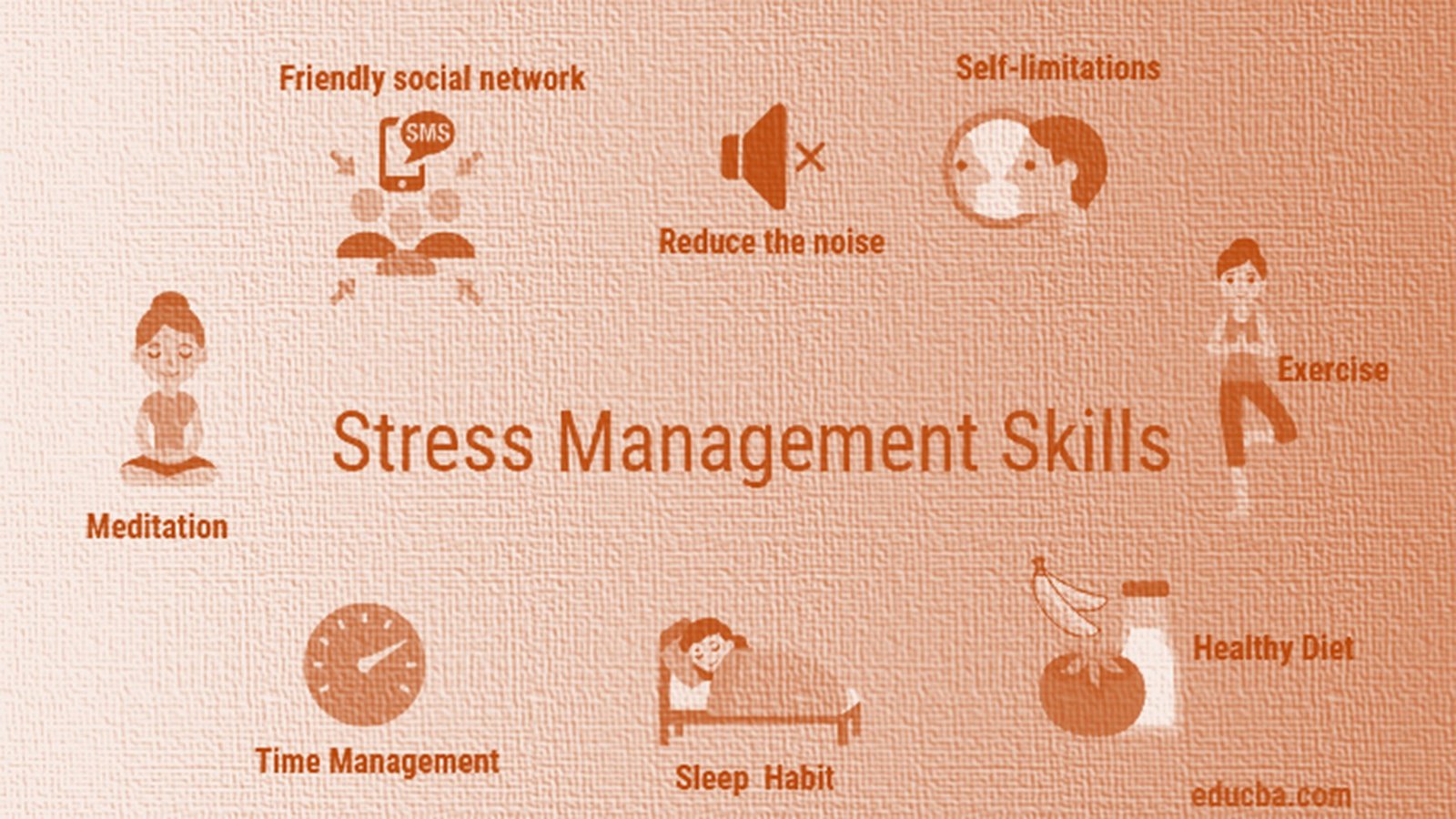Depression is a multifaceted and deeply pervasive mental health disorder that affects millions of individuals across the globe. Unlike transient episodes of sadness or disappointment, clinical depression is a chronic and debilitating condition that can significantly alter an individual’s cognitive, emotional, and physiological state. It disrupts daily functionality, impairs interpersonal relationships, and often diminishes one’s overall quality of life.
A fundamental step in overcoming depression is developing a comprehensive understanding of its origins, manifestations, and potential interventions. This guide provides an in-depth exploration of the underlying biological, psychological, and environmental causes of depression while delving into its varied symptomatology and classifications. Additionally, it presents actionable, research-backed strategies for managing and ultimately conquering this disorder, equipping individuals with the knowledge and tools necessary to navigate their mental health journey toward resilience and recovery.
What is Depression?
Depression is a mood disorder characterized by persistent feelings of sadness, hopelessness, and a loss of interest in previously enjoyed activities. It is not a sign of weakness or a condition that one can simply “snap out of”—it is a serious mental health issue that requires attention, care, and sometimes professional intervention.
Common Symptoms of Depression
Depression can manifest in various ways, including:
- Persistent sadness, feelings of emptiness, or a consistently low mood
- Loss of interest or pleasure in activities once enjoyed, including social interactions and hobbies
- Significant fluctuations in appetite, leading to either weight gain or weight loss
- Sleep disturbances, including difficulty falling asleep (insomnia) or excessive sleeping (hypersomnia)
- Chronic fatigue, diminished energy levels, and an overwhelming sense of lethargy
- Feelings of worthlessness, excessive guilt, and persistent negative self-perception
- Difficulty concentrating, making decisions, or remembering information, which can affect work and personal responsibilities
- Recurrent thoughts of self-harm, suicidal ideation, or an overwhelming sense of hopelessness about the future
- Unexplained physical symptoms such as headaches, digestive issues, or muscle pain
If these symptoms persist for more than two weeks and begin interfering with daily life, it is imperative to seek professional help.
Types of Depression
Depression comes in different forms, each with its unique causes, symptoms, and treatment approaches.
- Major Depressive Disorder (MDD): A severe and persistent depressive condition that significantly impairs daily life, functioning, and emotional well-being. Individuals with MDD experience long periods of deep sadness, fatigue, and loss of motivation, making even routine tasks overwhelming.
- Persistent Depressive Disorder (PDD): Also known as dysthymia, this form of depression lasts for two years or more, with symptoms that fluctuate in severity. While not as intense as MDD, the prolonged nature of PDD can lead to profound difficulties in daily life and an overall sense of melancholy.
- Bipolar Disorder: A mood disorder characterized by alternating episodes of extreme depression and mania. During depressive episodes, individuals may experience sadness, hopelessness, and fatigue, while manic episodes are marked by heightened energy, impulsivity, and euphoria.
- Seasonal Affective Disorder (SAD): A type of depression that occurs at specific times of the year, most commonly during winter months when sunlight exposure is limited. Symptoms may include lethargy, oversleeping, increased appetite, and mood disturbances.
- Postpartum Depression: Affects women after childbirth, often accompanied by intense mood swings, anxiety, overwhelming fatigue, and difficulties bonding with the newborn. This condition requires timely intervention to support both the mother and child’s well-being.
- Atypical Depression: A subtype of depression where individuals experience mood reactivity, meaning they can feel temporarily better in response to positive events. It is also characterized by excessive sleep, increased appetite, weight gain, and heightened sensitivity to interpersonal rejection.
Why Does Depression Occur?
Depression is a multifaceted condition with several contributing factors:
1. Biological Factors
- Imbalances in neurotransmitters such as serotonin, dopamine, and norepinephrine can contribute to depressive symptoms.
- Hormonal changes, such as those experienced during pregnancy, menopause, or thyroid dysfunction, can also influence mood.
- Genetic predisposition plays a role, as individuals with a family history of depression are more likely to develop the condition.
2. Psychological Factors
- Traumatic experiences, such as childhood abuse, neglect, or significant loss, increase the risk of depression.
- Personality traits, including low self-esteem, excessive self-criticism, and perfectionism, can contribute to vulnerability.
- Chronic stress and an inability to cope effectively with life challenges may lead to depressive episodes.
3. Environmental and Social Factors
- Prolonged exposure to stressful environments, financial difficulties, or toxic relationships can negatively impact mental health.
- Social isolation or lack of a strong support system can exacerbate feelings of loneliness and hopelessness.
- Chronic medical conditions, such as diabetes, cancer, or heart disease, can increase the likelihood of developing depression.
How to Conquer Depression
Overcoming depression requires a multifaceted approach that includes professional support, lifestyle changes, and the development of healthy coping mechanisms.

1. Seeking Professional Help
- Psychotherapy: Cognitive Behavioral Therapy (CBT) and other therapeutic approaches help individuals identify and challenge negative thought patterns.
- Medication: Antidepressants, such as SSRIs and SNRIs, help regulate brain chemicals and improve mood. Consult a healthcare provider for appropriate options.
- Support Groups: Engaging with people facing similar challenges can provide emotional support and reduce feelings of isolation.
2. Lifestyle Changes
- Regular Exercise: Physical activity releases endorphins, which are natural mood boosters.
- Balanced Diet: Consuming nutrient-rich foods, including omega-3 fatty acids, whole grains, and leafy greens, supports brain health.
- Consistent Sleep Routine: Establishing regular sleep patterns can improve overall well-being.
- Mindfulness Practices: Yoga, meditation, and breathing exercises help reduce stress and promote emotional resilience.
3. Building a Strong Support System
- Family and Friends: Stay connected with loved ones who provide encouragement and understanding.
- Therapists and Counselors: Professional support can provide valuable strategies for coping with depressive symptoms.
- Community Support: Online forums, peer support groups, and mental health organizations can offer guidance and solidarity.
4. Developing Coping Strategies
- Set Realistic Goals: Break larger tasks into manageable steps to avoid feeling overwhelmed.
- Engage in Self-Care: Participate in activities that bring joy and relaxation.
- Limit Alcohol and Substance Use: Avoiding excessive alcohol and drugs can prevent worsening symptoms.
- Stay Socially Active: Even when it feels difficult, maintaining social interactions can prevent isolation and encourage a positive mindset.
Conclusion
Depression is a challenging yet manageable condition that does not have to define an individual’s life. Understanding its causes, recognizing symptoms early, and taking proactive steps can help individuals regain control over their mental well-being. Effective management involves a combination of professional support, lifestyle changes, and healthy coping mechanisms.
Seeking therapy or medication can provide critical relief from symptoms. Cognitive Behavioral Therapy (CBT) and antidepressants such as SSRIs are widely used treatments, while support groups can help reduce isolation. Making positive lifestyle adjustments, such as engaging in regular physical activity, maintaining a nutritious diet, improving sleep habits, and practicing mindfulness, also plays a crucial role in fostering emotional resilience.
A strong support system is essential in overcoming depression. Staying connected with trusted friends, family, or mental health professionals can provide encouragement and stability. Engaging in self-care activities, pursuing hobbies, and avoiding isolation further contribute to emotional well-being. Acknowledging that healing is a gradual process and allowing oneself patience is key to long-term recovery.
If you or someone you know is experiencing depression, seeking help is an important first step. With the right resources, guidance, and determination, recovery is achievable. Every small effort toward improving mental health is a meaningful step toward a brighter and more fulfilling life.




